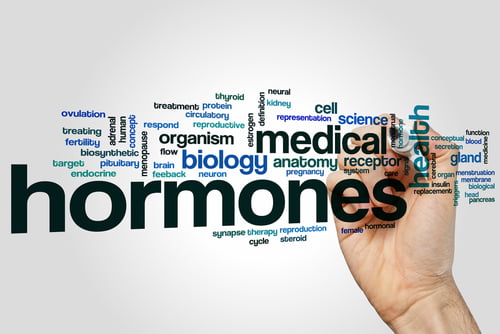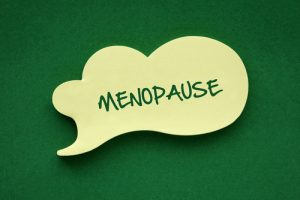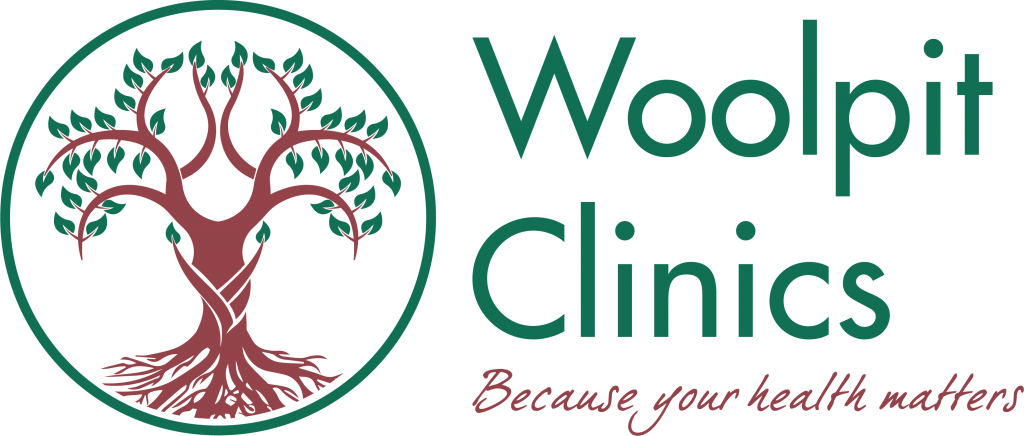
Managing the Menopause
Managing the Menopause
There are stages in life that can take personal adjustment, a crash course in biology and generally fewer clothes… Perhaps, more so for women than men.
On behalf of women everywhere #yourewelcome guys…
The menopause has the potential to be the Hormonal Demigod in a woman’s life. Its disruptive nature can change the course of not just a woman’s day-to-day living but it can also permeate into the life of others.
Her family may watch from the sidelines with a mixed bag of shock, awe and misunderstanding. Colleagues might avoid direct eye contact or turning down the office air-con. While friends might opt for buying a cooling fragrance for her birthday rather than a scarf or bath essence…

Disruptive changes are inevitable for most women but there are ways
to manage the
Menopause facts and statistics
- Menopausal symptoms affect about 70% of women
- Usually, the menopause occurs between the ages 45 and 55 with the average age in the UK at 51.
- The menopause is influenced by a change in hormone levels.
- Common symptoms include hot flushes (roughly 3 in 4 menopausal women affected), sleeplessness, low mood, reduced interest in sex, irritated skin, vaginal dryness, night sweats, more frequent urinary incontinence and urinary tract infections.
- Symptoms vary hugely in duration and severity.
What can help to manage the menopause?
There have been a number of trials that have actually proven the efficiency of traditional acupuncture and herbal remedies when treating for menopausal symptoms such as low mood, sleeplessness and hot flushes.
Click here to read more about Acupuncture
It is also suggested that CBT (cognitive behavioural therapy) can help immensely with symptoms of low mood and reduced interest in sex.
Click here to read more about CBT
Certain aromatherapy blends can sooth irritation of the skin and also boost a person’s mood and reduce stress.
Click here to find out more Aromatherapy Massage
Nutrition is a big one that can often benefit from the guidance of a nutritional therapist but on the surface, avoiding alcohol, spicy foods, tea and coffee will all help to reduce the chances of a hot flush.
If you have any questions about the Menopause, please feel free to contact us via the website or call us in confidence on 01359 408011. We provide a free one to one consultation service and we work alongside any conventional medical care.
Most general information and statistics for menopausal symptoms were obtained via the Women’s Health Concern and British Menopause Society websites.
www.thebms.org.uk/publications/factsheets/
www.womens-health-concern.org/help-and-advice/factsheets/menopause/



